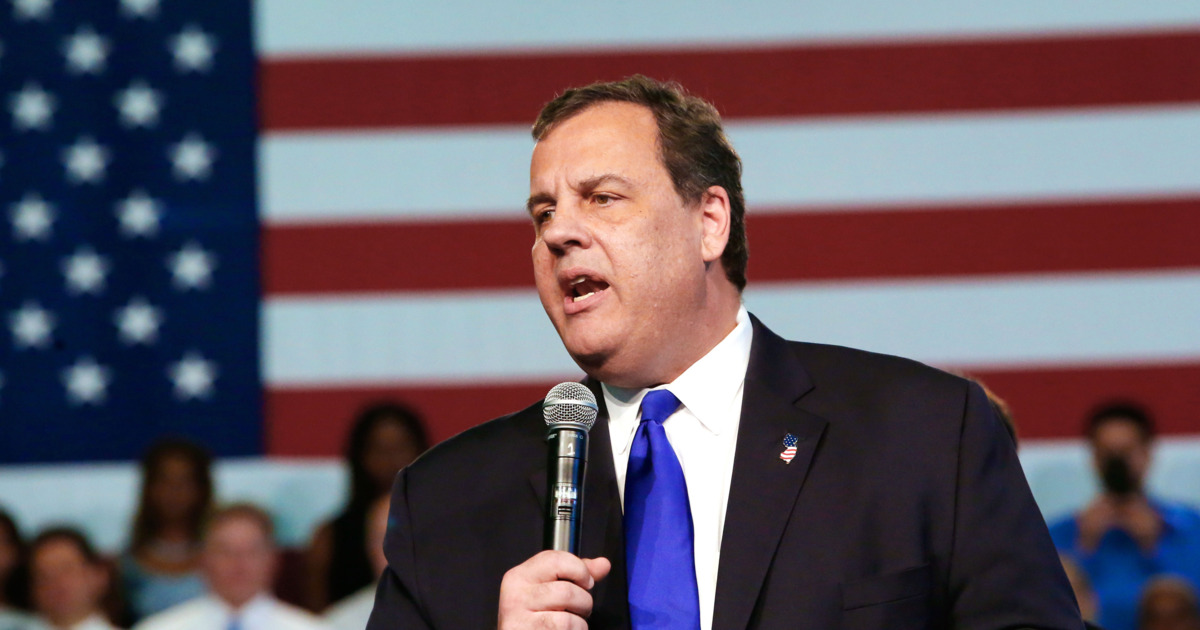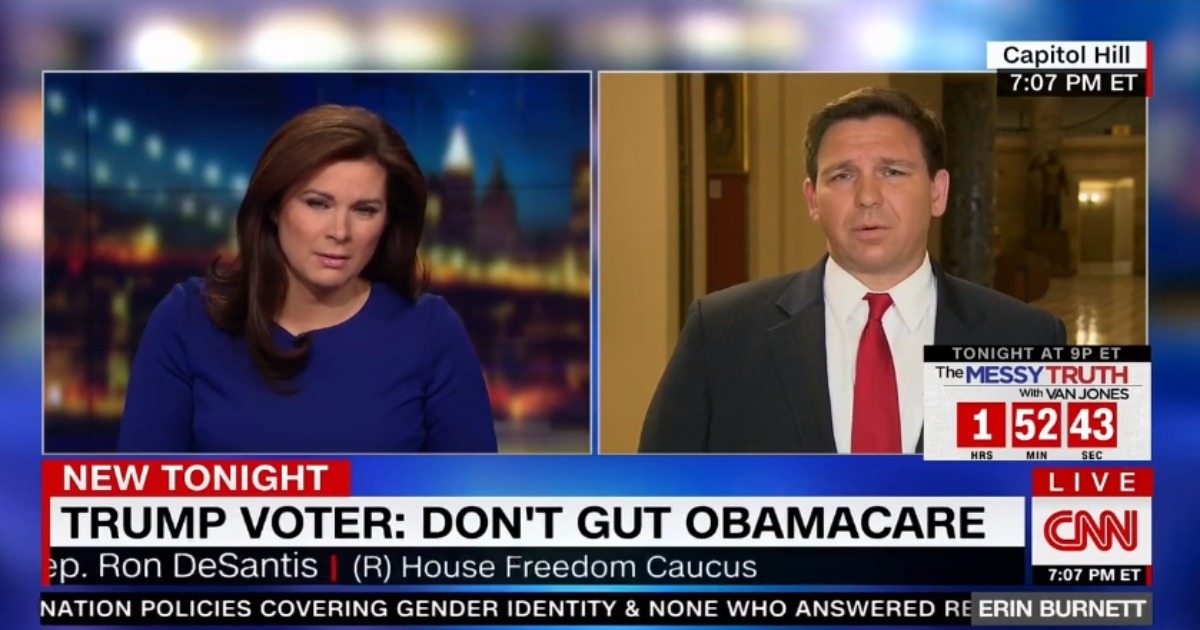Despite demonizing marijuana and spending far too much time on his own personal scandals, there have been moments in Chris Christie’s career when he was a champion of sorts in the fight against the opioid epidemic.
The first of such accomplishments occurred when Christie came out strongly during the 2016 primary, distancing himself from more punitive opponents and choosing instead to view addiction through the lens of illness, rather than punishment.
Christie remarked in November of 2015, when his presidential ambitions were still bright,
“What we need to come to grips with is addiction is a disease and no life is disposable. We can help people by giving them appropriate treatment.”
Christie’s more evolved opinion came about through personal experience from a successful friend of his who lost his entire life to pills.
Now, Christie has turned that evolved opinion into evolved action, signing a bill into law which allows the distribution of overdose antidote Narcan without a prescription. By doing so, Christie paves the way toward saving hundreds of lives from deadly overdose.
New Jersey is one of the leading states in opioid addiction, meaning that leadership in the state must take decisive action in order to combat this growing epidemic.
Roseanne Scotti, State Director of the New Jersey office of the Drug Policy Alliance issued a statement explaining the importance of the legislation.
“Drug overdose is the leading cause of accidental death nationally and in New Jersey. Most of these fatalities involve opioids such as prescription painkillers or heroin. The majority of overdose victims do not actually die until one to three hours after taking a drug, and most of these deaths occur in the presence of others. This creates a significant opportunity for witnesses to intervene and provide help.”
Naloxone, or Narcan, as it’s known commonly, works by restoring breathing in an overdosing individual, counteracting the natural response from the drug O.D.. Additionally, Narcan is not habit-forming and has few side effects. Simply, the benefits of making it widely available far outweigh any potential consequences.
It may come as a surprise that Christie, who has argued that marijuana use is as bad as heroin, would side compassionately with opioid addicts. Truly, it seems to come down to a common conservative phenomenon: until a Republican is personally, emotionally exposed to an unfamiliar issue, they are likely to reject and demonize it. This can be observed from issues like LGBT rights all the way to compassionate addiction counseling.
The entire state of New Jersey owes a debt of gratitude not to their governor, but to the life of Christie’s friend, whose death paved the way for more lives saved.



